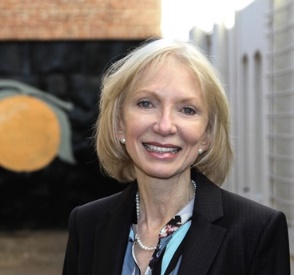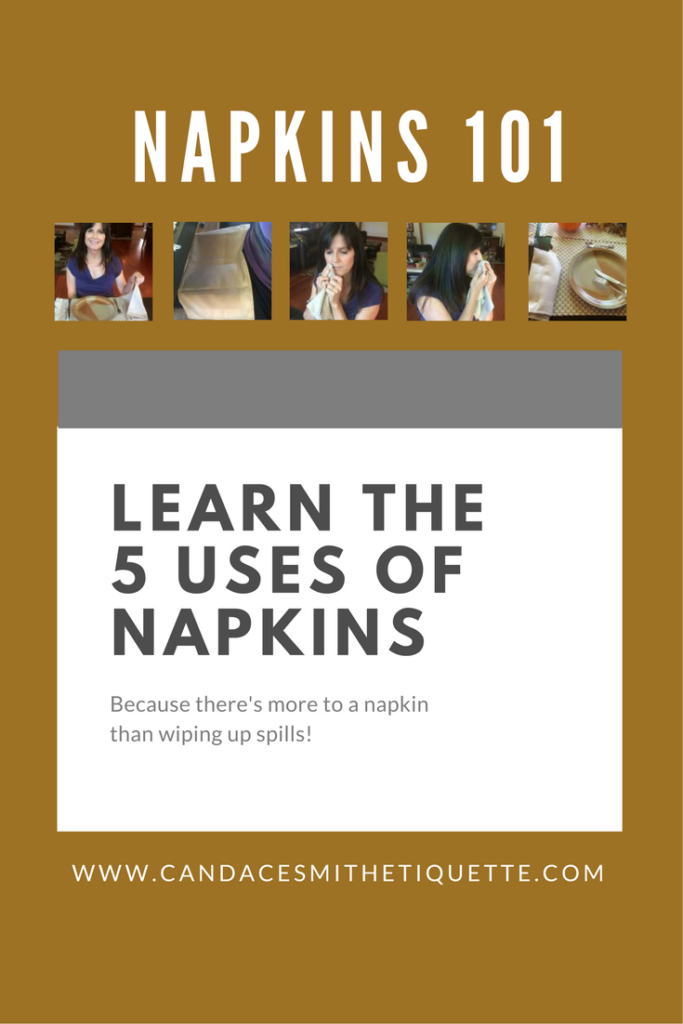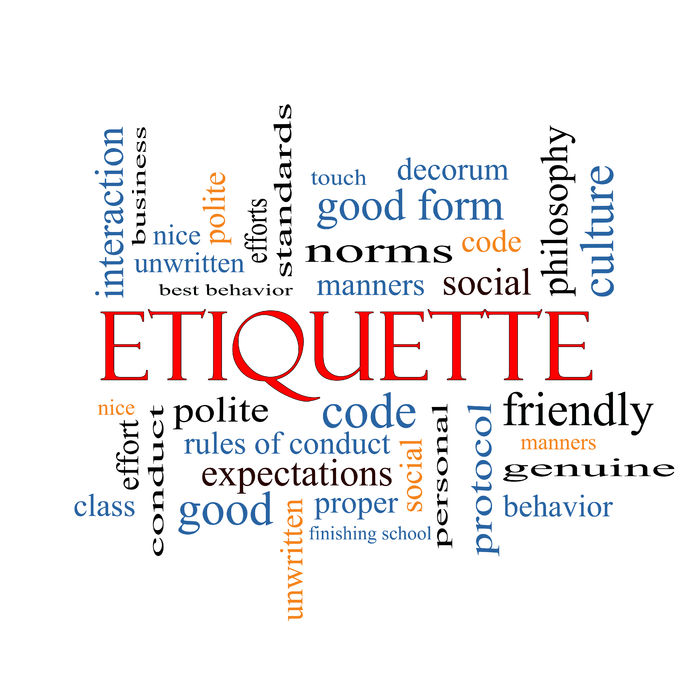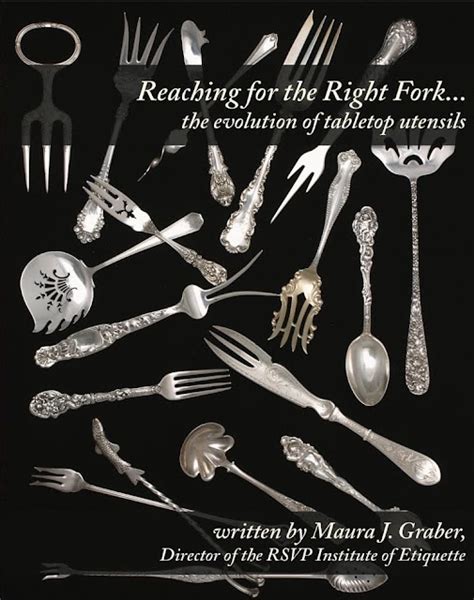
Many – if not most – folks today lack polished manners. Fortunately we have Candace Smith, M.A., to teach us a lesson. She is a recipient of the Milken Foundation National Educator’s Award and the Colorado Enterprising Teacher of the Year Award.
Your study began after your husband, Dr. Vernon Smith, won the Nobel Prize in Economics. Before, you “had never given a thought to the idea that there might be specific rules and skills” associated with manners. How did you go about personal discovery?
Most everyone desires, or assumes they have or know, good manners, or enough to get them through. I assumed so. I didn’t set out on a journey of discovery. I am on that path now, and have chosen to discover more and more about etiquette as useful guidelines for good conduct in the everyday places of life. It’s my passion.
Through life experience and training, you are becoming an expert in the field. When were you prompted to share your newfound knowledge?
I doubt there will come a day when I can say, “I am an expert on etiquette.” I am an etiquette educator. The Richard Bach quote I include on my About page, is what I find myself doing! “You teach what you most need to learn.” I’m learning all the time and am keenly focused on what I discover working out there in the world of sociality in terms of being “etiquette-ful,” helpful, and useful. My weekly and bi-monthly publications are where I make this knowledge accessible for others. I believe that at some level people want to be better versions of themselves.
At the formal dinner in Scotland, after just one week of etiquette and protocol training, I experienced how personally powerful it feels to be sitting at an elegantly set table, able to read the table like a map, knowing how many courses there would be and what was required of me with utensil use. And I recognized that others at that table knew what I knew. It was then I realized that the anxiety that had been building over time was not due to some flaw in me; rather, it was because I didn’t know what to do in these kinds of situations. This and other confirming moments set the stage in my quest to help others. I’ve always been a teacher, so it was natural to begin there.
I collect etiquette books of the “masters,” and stay current in the conversations of other etiquette consultants.

Civility protocol has been around for centuries. Why are such formalities timeless?
They are timeless because they have served humans well. They change, but the principles of respect and courtesy and sensitivity to others are a tugging constant in civil society.
I try to address a resistance to formalities in this blog post, Is Your True Personality
Reflected in Your Behavior? Here is an excerpt:
“Each person faces the problem of navigating and maintaining personal space within the collective sphere of shared space. Etiquette can be considered as a body of ‘how-to’ knowledge that is available to help you navigate gracefully in social situations.
“If practicing good etiquette is a claimed value every day, aiming to be the best version of yourself – even when you might be pulled in a thousand directions – becomes a habit. “Being ‘etiquette-ful’ puts you in the flow of what’s considered ‘proper’ and appropriate for the situation. You’re aiming to be natural, not artificial. Helping others to save face without creating a falsehood is a tactful behavior that can be learned. We’re learners; that’s natural.
Candace Smith, “Is Your True Personality Reflected in Your Behavior?”
“Seeing what a situation demands and remaining thoughtful of others while simultaneously respecting yourself, too, is what etiquette gives you the space to do. How? Because everything doesn’t need to be thought through. That’s the practical value of etiquette. You know that when you’re approaching a dinner table you should wait until the host signals you to sit, and that when you meet someone you extend your hand in greeting as a show of good faith.”
People make mistakes, from table silverware placement to posture. Can you describe the most-common errors?
This is a fun question. I conducted a dining training recently for about sixty participants. One of the questions I posed early and invited others to answer at any time during the lunch training was: “What mistakes do you see at a table that you’d prefer not seeing?” I hear these a lot. People who:
- bite their utensils;
- lean over into their food;
- make weird sounds with their mouths;
- talk and eat at the same time;
- reach across someone’s place setting to get something;
- monopolize the conversation;
- talk about subjects that don’t help the digestive process;
- don’t know what a napkin is for;
- pick their teeth;
- wave their utensils while they talk; and
- touch their hair or put lipstick on at the table.

Understanding how to behave appropriately in social situations is important. Schools generally don’t teach this subject, however. Why should someone, of any age, bother to educate themselves on etiquette?
We want to live in a civil society. That requires individuals to be free and responsible. A rude society can’t jump to civility if civility has gradually withered away in the habits of individual citizens. Families are, ideally, the place where a child can take his first steps to being a person, which means learning about what to do and what’s expected in social situations. In a family a child can make mistakes, find correction and guidance, and in an arena of forgiveness and love, can experience personal embarrassment, in an environment that is safe.
Ideally, schools could be a place where civility is practiced by all. These aren’t “givens” much of the time.
My clients are mainly organizations and universities that concern themselves with professionalizing their students. I also work with groups who are looking for educational experiences that will help them in the real world. This is the question I pose: “Looking to help other people professionalize?”
Learn more about Candace Smith
- CandaceSmithEtiquette.com – “Clearing Up Etiquette Confusion”
- MilkenEducatorAwards.org – Educator Profile
- National Association of Professional Women (NAPW) profile
- Twitter.com/EtiquetteEntry handle
- OrangeReview.com – news advertisements of events

Candace Smith is an etiquette educator. Her website helps you navigate your “business of life.” To cultivate your civility, join her biweekly email newsletter.
Enjoy lessons from superb teachers? Read our interviews with Lawrence Reed of the Foundation for Economic Education and Scripps National Spelling Bee chief pronouncer Professor Jacques Bailly.